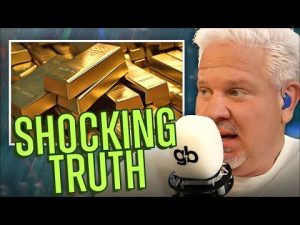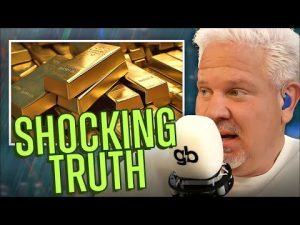**The Great Debate: Truth, Morals, and the Nature of Society**
In a recent fiery discussion that could make even the most stoic among us want popcorn, two debaters tackled the complex topic of truth, morality, and the various societal factors influencing them. It was a scene reminiscent of a philosophical wrestling match, with both sides throwing around heavy concepts like they were dodgeballs on a playground. The underlying theme was whether one person’s truth could outweigh another’s, especially in a society brimming with diverse experiences and backgrounds.
One of the debaters emphatically stressed the existence of an objective truth, particularly regarding moral questions. They argued that, although experiences can shape one’s perception, there has to be a baseline moral understanding that everyone should adhere to. For example, they pointed out the universal consensus that murder is wrong—a statement that generated nods of agreement, even if the opposing side suggested that the question of personhood complicates the discussion of other moral issues, such as abortion.
As the dialogue progressed (and tensions flared), the conversation delved into the intricacies of privilege and personal experiences. One participant challenged whether someone from a different racial background could genuinely grasp the struggles faced by marginalized communities. Here, the debate showcased the difficulty of reconciling personal narratives with broader societal truths. It was clear that different perspectives based on race, gender, and socioeconomic status significantly impact an individual’s view of what is considered “truth.”
While one person brought up topics like affirmative action and how it plays a role in educational opportunities, the counterargument identified a historical context that shaped those realities. The discussion meandered through the legacy of policies that allegedly hurt the family structure within certain communities. This was met with debates over whether recent increases in single-parent homes are a direct result of systemic racism or if there are more intricate social dynamics at play.
Suddenly, the spectacle took a sharp turn when the mention of Malcolm X arose! A powerful figure who has been both celebrated and debated throughout history, his stance on pro-life issues became a lightning rod for further discussions. The proponent of this angle argued that Malcolm X’s words about fighting for true empowerment in the Black community resonate today, especially when discussing the policies that may have adverse effects on minority families. The reference sparked fervor as both sides reflected on the relationship between civil rights, policing, and the long-lasting effects of institutional changes.
As the debate wrapped up, the spotlight shifted back to the notion of “truth.” One side emphasized that while individual experiences are valid and should be acknowledged, they must also be up against an objective truth that cannot be disregarded. The entire discussion illuminated the necessity of dialogue in a society where multiple narratives coexist. After all, forming a single cohesive truth in a melting pot of diverse backgrounds is no small feat. However, a good conversation, even one laced with contention, might just be the spark that lights the path toward understanding and reconciliation.
In a world where perspectives often seem irreconcilable, this debate demonstrated that engagement, even when heated, is essential for navigating differences. As the participants packed up their philosophical arguments and metaphorical boxing gloves, one couldn’t help but wonder if future discussions would lead to a deeper grasp of the shared truths that underpin our collective existence. After all, amidst the noise of clashing ideals, perhaps it is through discourse that the real truth will ultimately emerge.







